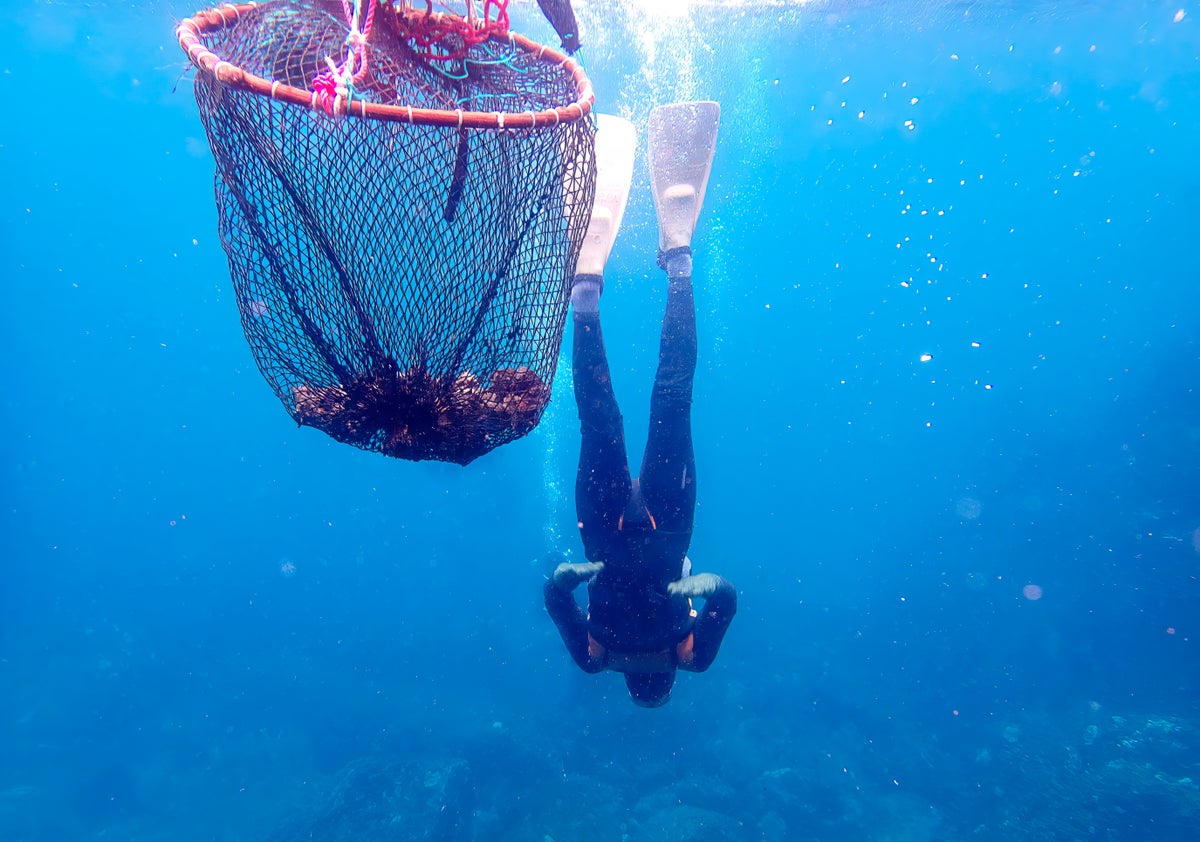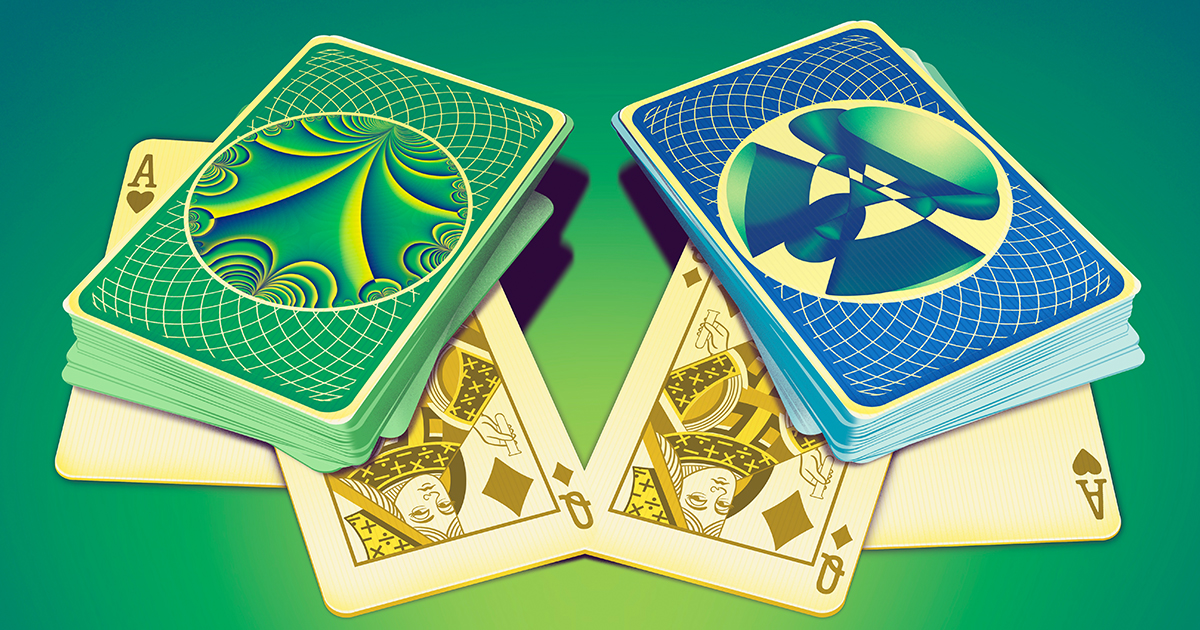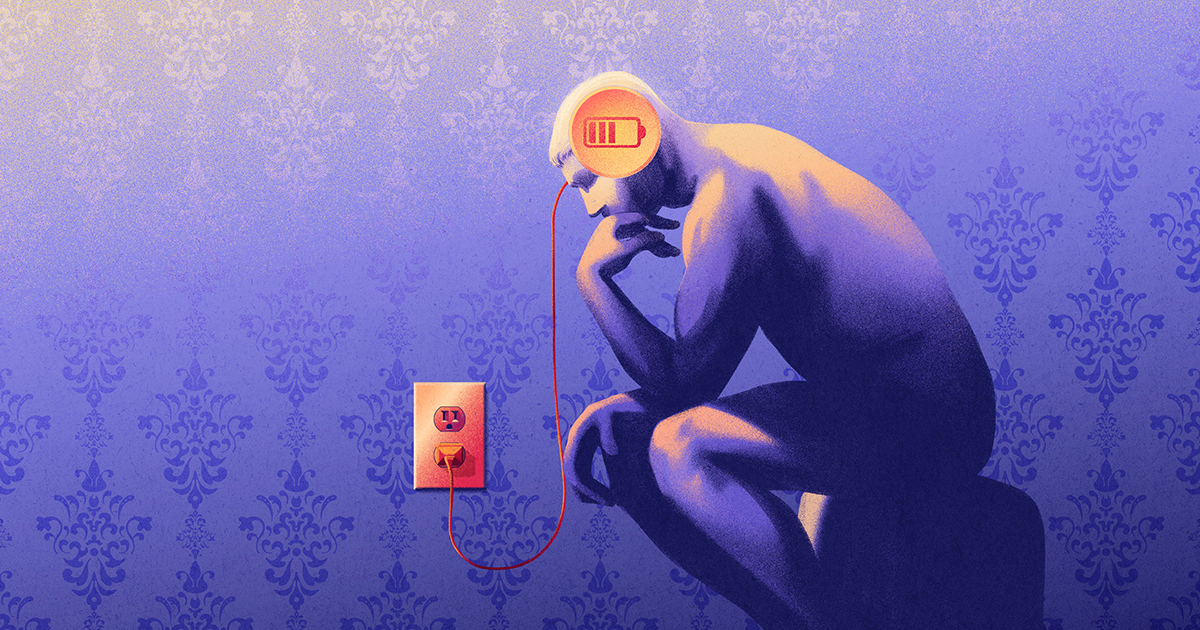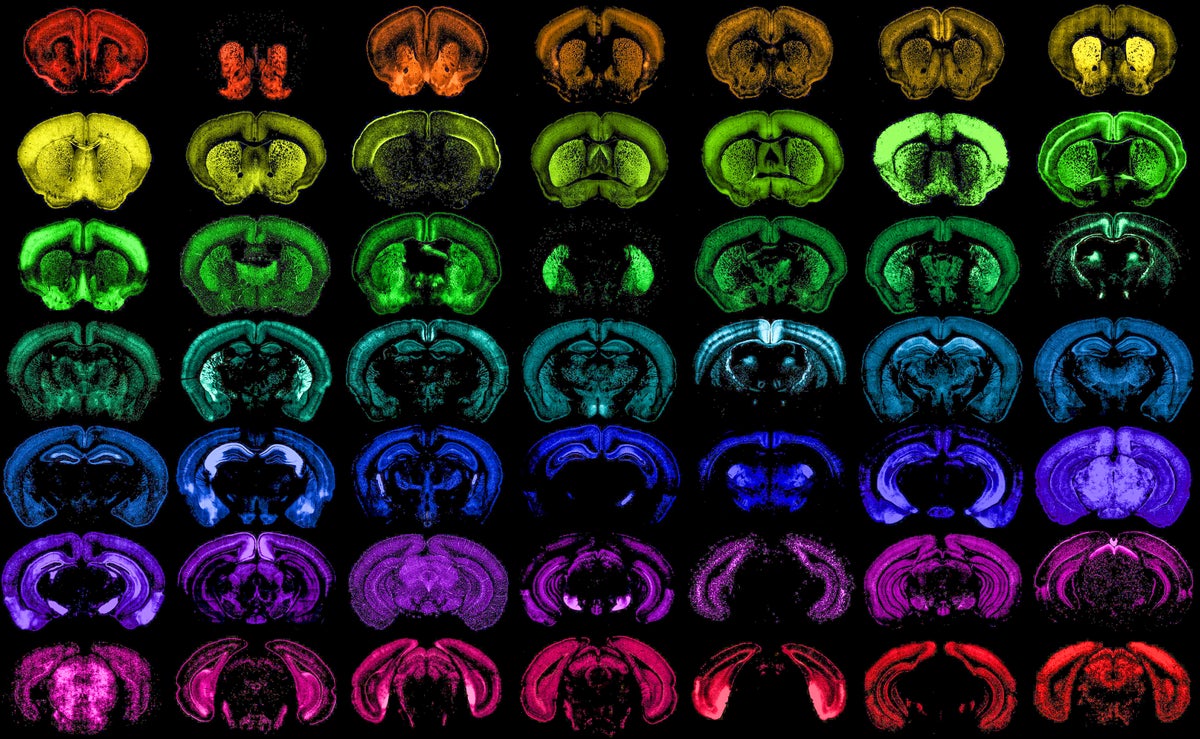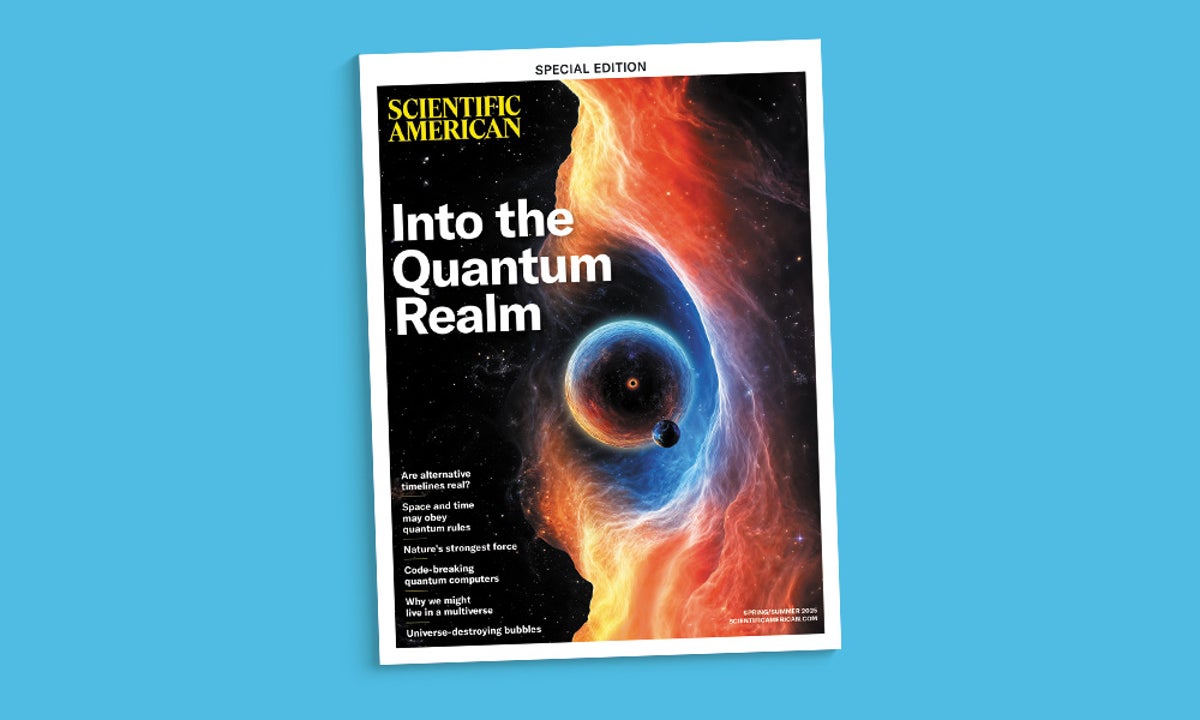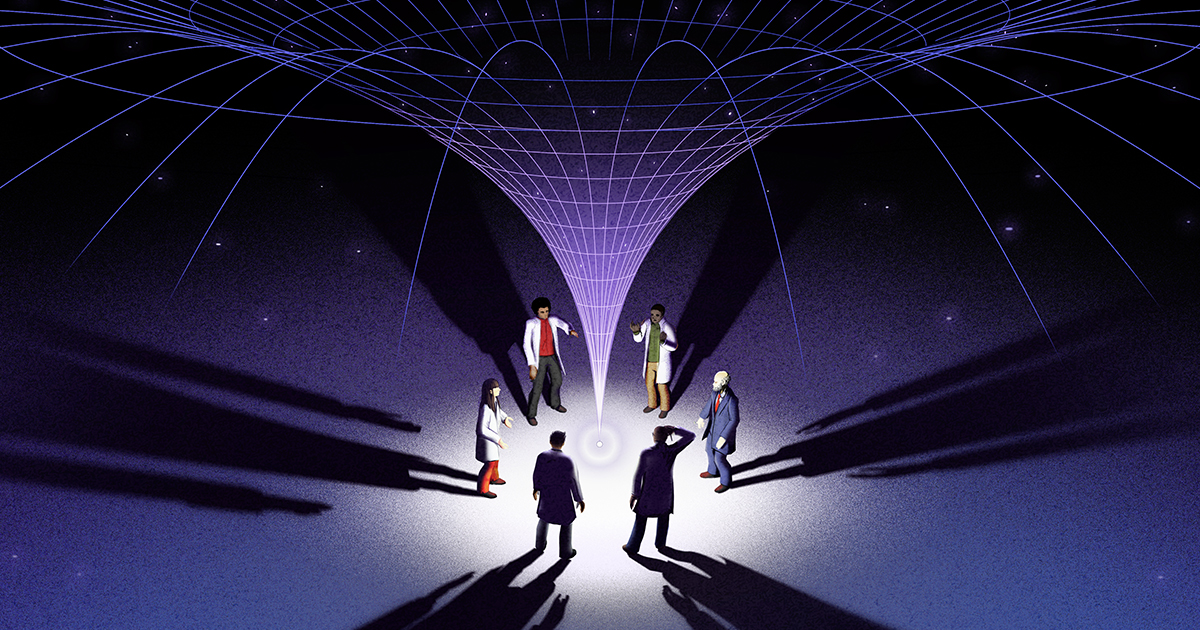Often likened to mermaids in media reports and popular culture, South Korea’s famed Haenyeo (“sea women”) spend much of the day underwater, diving without scuba gear to collect abalone, octopus, kelp and other prized seafood. Admired both culturally and scientifically, they have been plunging into the frigid waters of Jeju Island since as early as… Continue reading These ‘Real-Life Mermaid’ Divers Hold Genetic Clues to Enduring Extreme Environments
Category: Quantum Stuff
The Core of Fermat’s Last Theorem Just Got Superpowered
Imagine a clock: If the hour hand starts at 10 and four hours pass, the clock will point to 2. But clock arithmetic can be done with any number, not just (as in the case of real-world clocks) the number 12. Boxer, Calegari, Gee and Pilloni only needed to show that their two sets of… Continue reading The Core of Fermat’s Last Theorem Just Got Superpowered
Kids See a Lot More Misinformation Than We Think
Aliens live on Neptune. Ancient pyramids generated electricity. Humans don’t cause climate change. You might imagine the typical believer of these claims to be a card-carrying conspiracy theorist, but they could just as easily be a curious nine-year-old with an iPad. YouTube reliably feeds AI-generated videos containing questionable claims like these to children, often in… Continue reading Kids See a Lot More Misinformation Than We Think
How Much Energy Does It Take To Think?
Researchers don’t know precisely how that load is allocated, but over the past few decades, they have clarified what the brain is doing in the background. “Around the mid-’90s we started to realize as a discipline [that] actually there is a whole heap of stuff happening when someone is lying there at rest and they’re… Continue reading How Much Energy Does It Take To Think?
Engineered Viruses Make Neurons Glow and Treat Brain Disease
The brain is like an ecosystem—thousands of different types of cells connect to form one big, interdependent web. And just as biologists document species of plants and animals, neuroscientists have spent decades identifying different “species” of neurons and other brain cells that support them. They’ve found more than 3,000 cell types spread throughout the brain,… Continue reading Engineered Viruses Make Neurons Glow and Treat Brain Disease
The World Isn’t Ready for the Mental Health Toll of Extreme Heat
The World Isn’t Ready for the Mental Health Toll of Extreme Heat Temperatures are rising, and so are mental health risks By Madhusree Mukerjee edited by Dean Visser A man walks with an umbrella to protect himself from the heat as a yellow alert is issued by the U.K. Health Security Agency (UKHSA) because of… Continue reading The World Isn’t Ready for the Mental Health Toll of Extreme Heat
First Map Made of a Solid’s Secret Quantum Geometry
Famously, at the quantum scale, particles can be in multiple possible locations at once. A particle’s state spreads out like a wave, peaking where the particle is likely to be found. When you measure its position, this spread-out state, known as a wave function, transforms into a single definite location. The full shape of the… Continue reading First Map Made of a Solid’s Secret Quantum Geometry
Bizarre Quantum Universe
Bizarre Quantum Universe Even how matter exists in the first place is a mystery to physicists By Andrea Gawrylewski In 2022 three scientists won the Nobel Prize in Physics for proving something astonishing: the universe is not locally real. In other words, particles don’t have fixed properties until they are measured. Although it seems to… Continue reading Bizarre Quantum Universe
New Quantum Algorithm Factors Numbers With One Qubit
In the past, researchers have tried to improve on Shor’s algorithm for factoring by simulating a qubit using a continuous system, with its expanded set of possible values. But even if your system computes with continuous qubits, it will still need a lot of them to factor numbers, and it won’t necessarily go any faster.… Continue reading New Quantum Algorithm Factors Numbers With One Qubit
Singularities in Space-Time Prove Hard to Kill
Two blind spots torture physicists: the birth of the universe and the center of a black hole. The former may feel like a moment in time and the latter a point in space, but in both cases the normally interwoven threads of space and time seem to stop short. These mysterious points are known as… Continue reading Singularities in Space-Time Prove Hard to Kill
